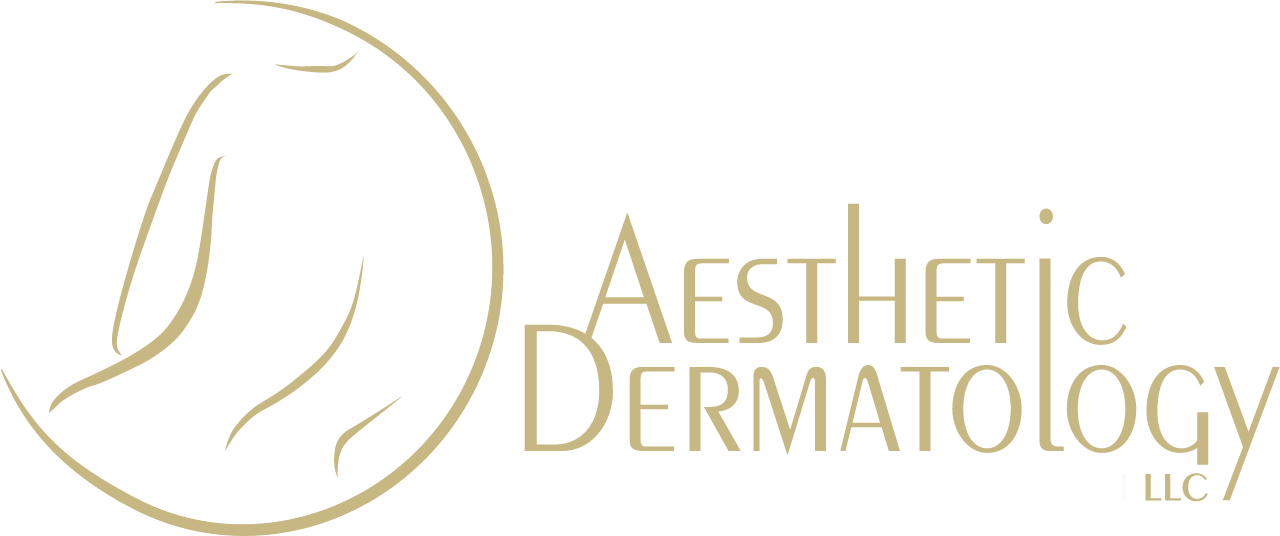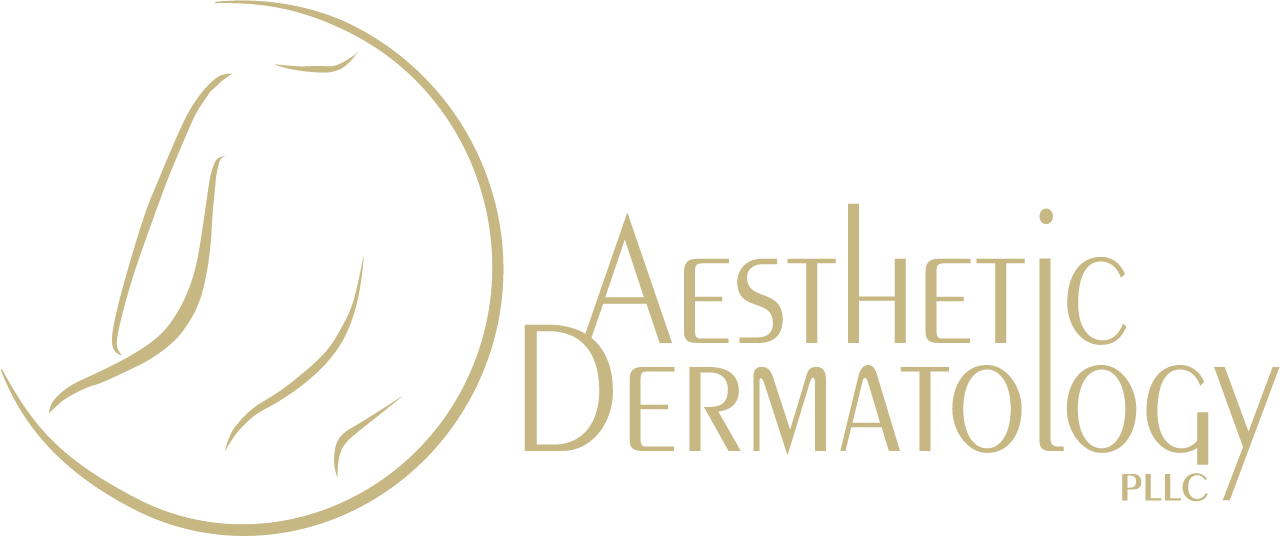MOHS Skin Cancer Surgery

Skin Cancer: Warning Signs and Treatment Options
One in five Americans will get skin cancer in their lifetime, according to the American Academy of Dermatology. Fortunately, nearly 100% of all skin cancers can be cured if caught in the earliest stages. Especially at risk are fair-skinned people, those with a history of significant sun exposure and individuals with a family history of skin cancer.
Skin cancer is not necessarily life threatening nor does its therapy have to be disfiguring; however, if left untreated, the disease can continue to progress. There are many treatment options available including Mohs Micrographic Surgery. It is effective for most types of skin cancer, provides the highest cure rate, the lowest chance of regrowth, minimizes the potential for scarring or disfigurement, and is the most precise means of removal. Our doctors specialize in Mohs skin cancer surgery and plastic surgery repairs.
Tumors on the skin extend below the surface, and must be completely removed so that recurrence of the tumor does not occur. During Mohs surgery, the skin cancer is surgically removed and the surrounding tissue is immediately examined under the microscope to determine the depth and extent of the tumor. This is repeated until there is no remaining cancer cells. Plastic surgery techniques are then utilized to give the best cosmetic results.
If you notice any warning signs of skin cancer or just want our recommended yearly comprehensive skin exam, please call 516-496-9400 to schedule an appointment.
Key Warning Signs
- Unusual marks, bumps or growths on your skin
- A sore that has not healed in 3-4 weeks
- A wound that continually reopens or bleeds
- A growth that increases in size or appears translucent
- A mole with any of the following signs:
- Asymmetry (one half the mole doesn’t match the other half)
- Border irregularity (notched, ragged or blurred edges)
- Uneven color (a mottled appearance with shades of tan, brown, black, red, white and/or blue)
- Itchiness, tenderness or pain

